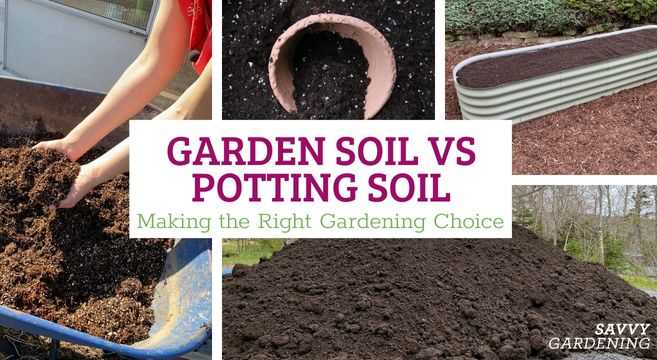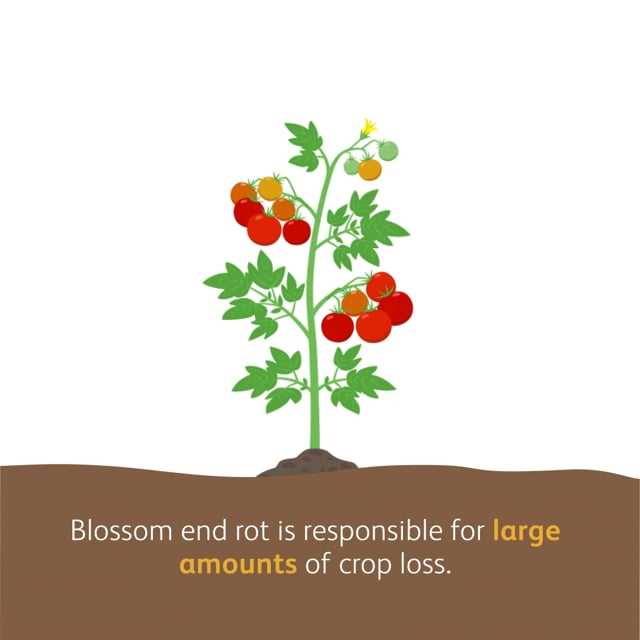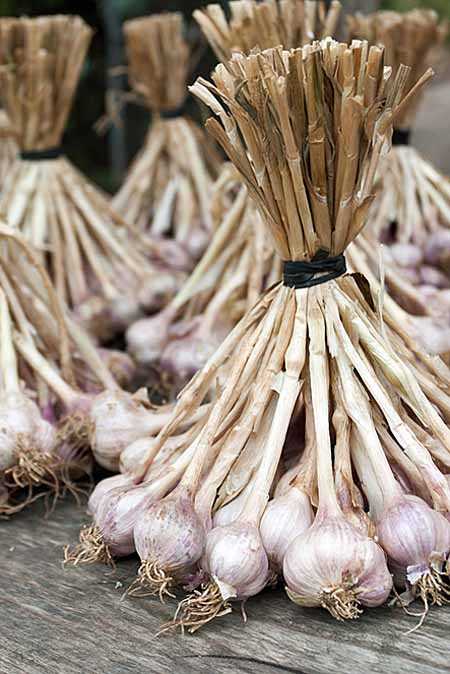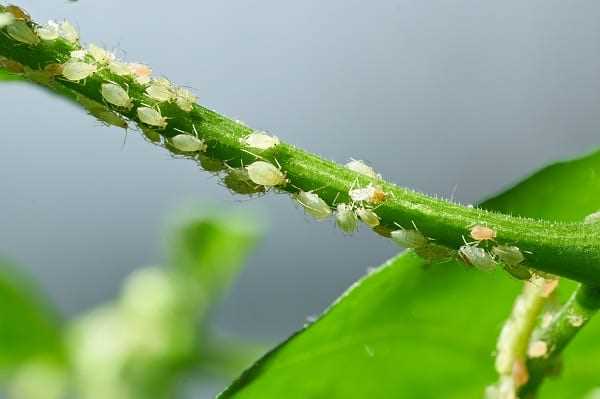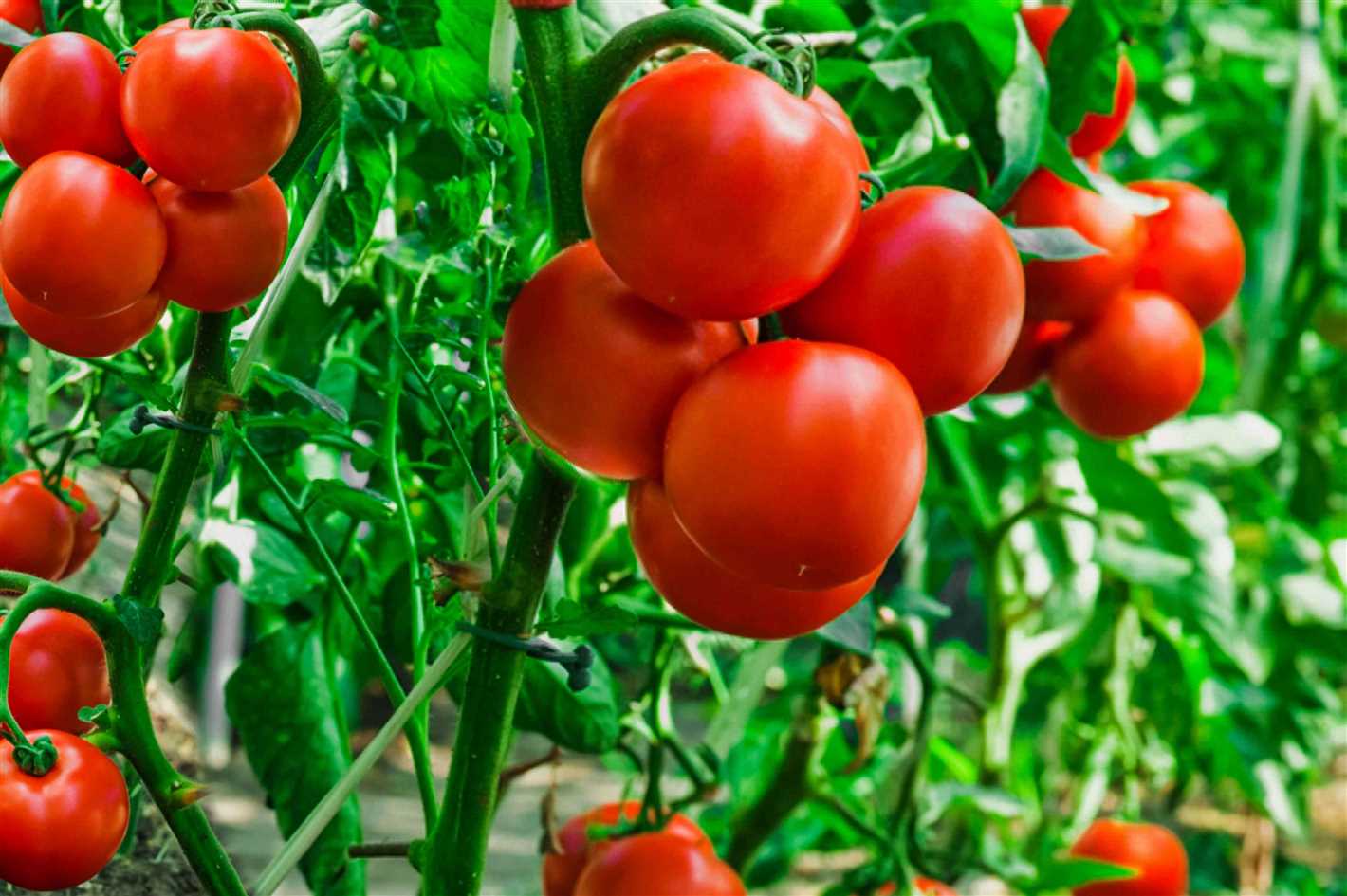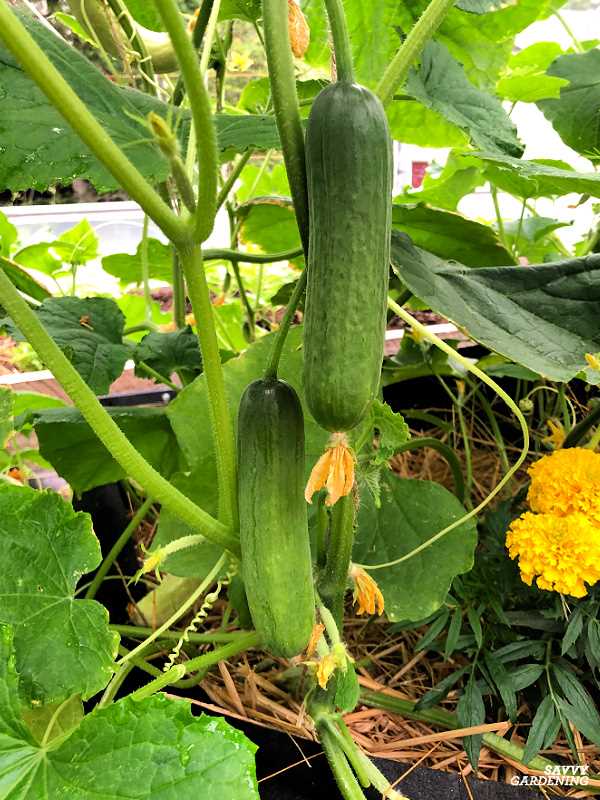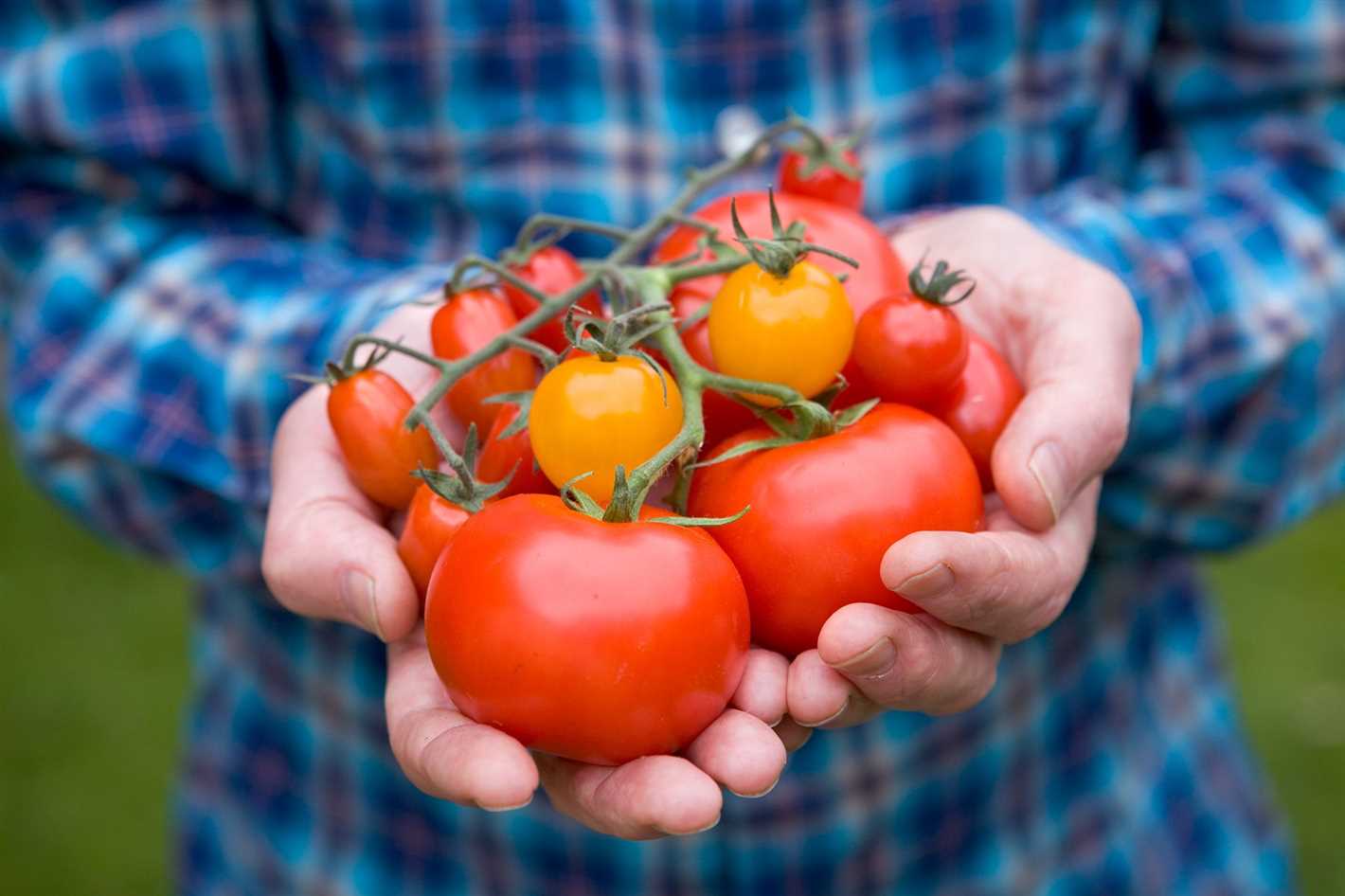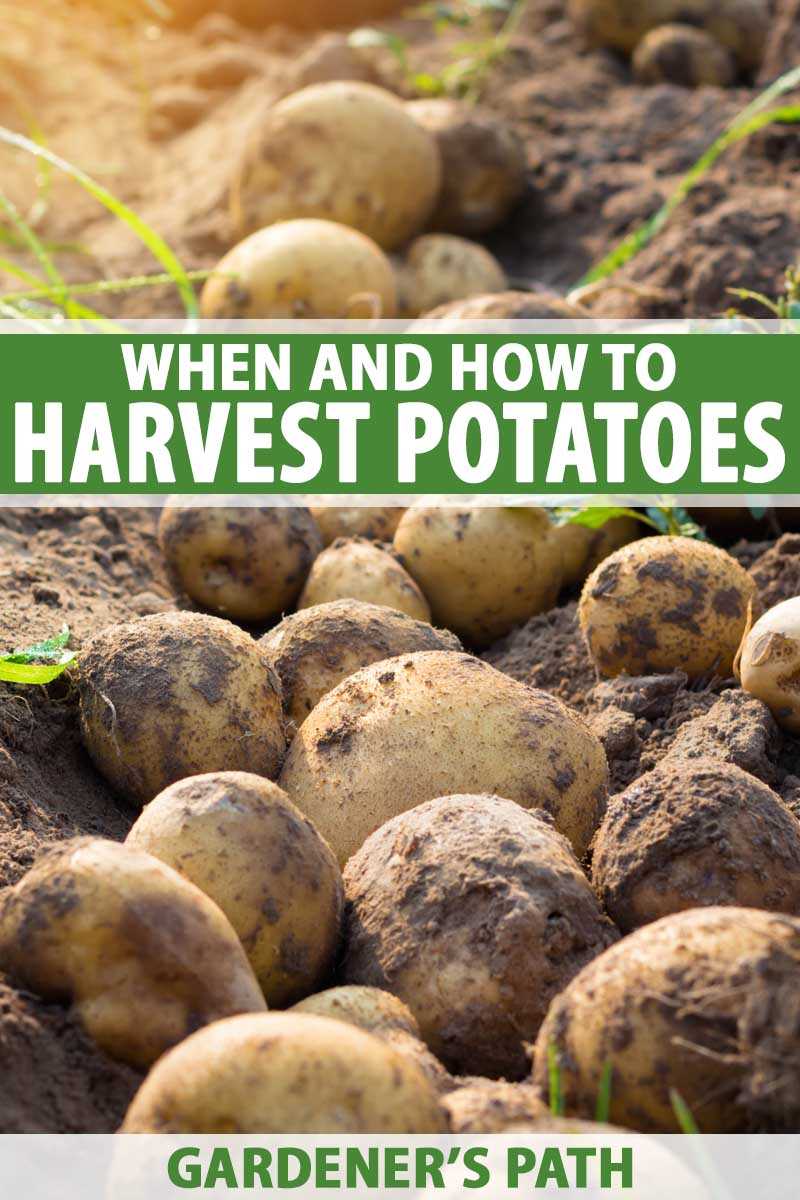- The Importance of Organic Additive for Planting Peppers in Soil
- 1. Improved Soil Quality
- 2. Nutrient Availability
- 3. Enhanced Water Retention
- 4. Increased Disease Resistance
- 5. Environmental Sustainability
- Enhanced Soil Fertility
- Benefits of Enhanced Soil Fertility:
- Nutrient Retention
- The role of organic matter in nutrient retention
- Minimizing nutrient leaching
- Improved Plant Growth
- Disease Prevention
- Environmental Sustainability
- Why is environmental sustainability important?
- The role of organic additives in environmental sustainability
- Safe and Chemical-Free
- Increased Nutritional Value
- Long-Term Cost Savings
- Reduced Need for Synthetic Fertilizers
- Improved Soil Quality
- Increased Crop Yield
- Longer Soil Lifespan
- “Question-Answer”
- What is an organic additive and why is it important for planting peppers in soil?
- What are some examples of organic additives that can be used for planting peppers in soil?
- How does using organic additives benefit the overall growth and yield of pepper plants?
- Can organic additives help in preventing the growth of weeds around pepper plants?
- Are there any potential downsides or risks associated with using organic additives for planting peppers in soil?
- Are organic additives more expensive than synthetic fertilizers?
- Can organic additives be used for planting other vegetables besides peppers?
- “Video” How To Fertilize Peppers (Complete Guide) – Pepper Geek
When it comes to planting peppers in soil, many gardeners are turning to organic additives to enhance the growth and health of their plants. Organic additives are natural materials that are added to the soil to improve its structure, fertility, and nutrient content. These additives are derived from plant or animal sources and are free from synthetic chemicals, making them an environmentally friendly option for gardening.
One of the main benefits of using organic additives for planting peppers is that they can improve the overall health of the plants. Organic additives add beneficial nutrients to the soil, including essential minerals and trace elements, which promote strong root development and enhance the plant’s ability to absorb water and nutrients. This can result in healthier and more productive pepper plants, with increased yields and improved resistance to certain pests and diseases.
Another advantage of using organic additives is that they can improve the soil structure. These additives can help to loosen compacted soil, improve drainage, and increase the soil’s ability to retain moisture. This is especially important for peppers, as they prefer well-draining soil that is rich in organic matter. By improving the soil structure, organic additives create an optimal growing environment for the pepper plants, ensuring they have access to the necessary resources to thrive.
Using organic additives can also have long-term benefits for the soil. Unlike synthetic fertilizers, which can disrupt the natural balance of nutrients in the soil and contribute to pollution, organic additives work to build soil fertility over time. They promote the growth of beneficial soil organisms, such as earthworms and beneficial bacteria, which help to break down organic matter and release nutrients into the soil. This results in healthier and more sustainable soil that can support the growth of not only peppers, but other plants as well.
The Importance of Organic Additive for Planting Peppers in Soil
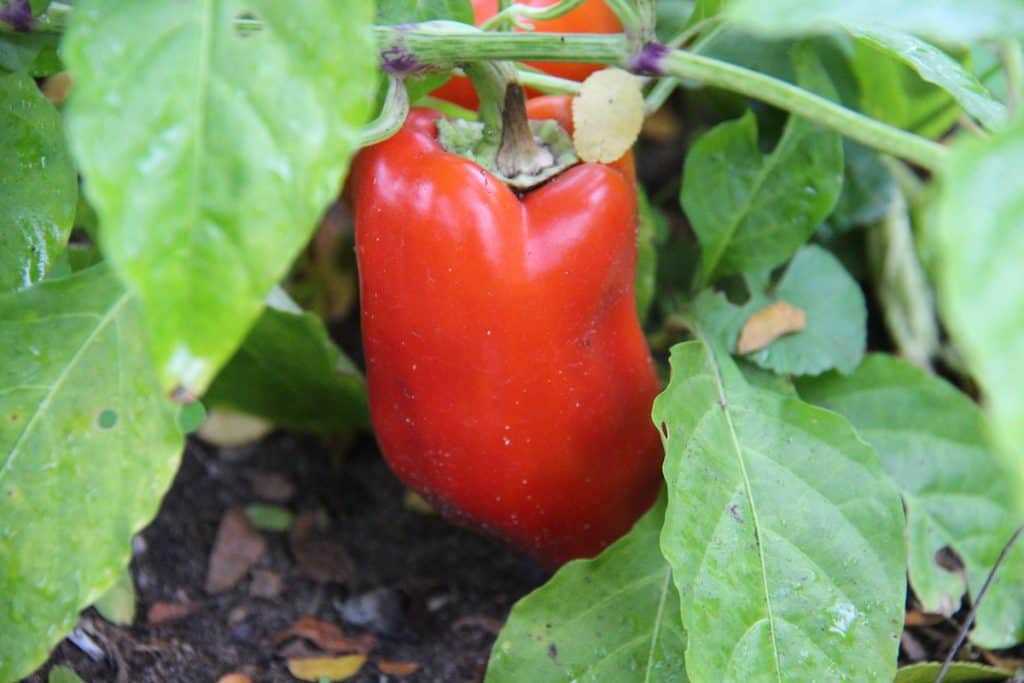
Planting peppers in soil is a common practice for gardeners and farmers, but there are certain challenges that need to be addressed in order to ensure successful growth and yield. One important aspect that cannot be overlooked is the use of organic additives in the soil.
1. Improved Soil Quality
Organic additives, such as compost and manure, help improve soil quality by enhancing its texture and structure. They enrich the soil with essential nutrients, organic matter, and beneficial microorganisms, making it more fertile and productive for planting peppers.
2. Nutrient Availability
Organic additives release nutrients slowly and steadily, ensuring a consistent and balanced supply of essential elements for the peppers. This is in contrast to synthetic fertilizers that provide a quick burst of nutrients but can lead to nutrient imbalances and potential damage to the plants.
3. Enhanced Water Retention
Peppers require an adequate water supply to grow and thrive. Organic additives help improve the water-holding capacity of the soil, reducing the risk of water stress and drought damage to pepper plants. This is especially beneficial in areas with inconsistent rainfall or for gardeners who may not have access to regular irrigation.
4. Increased Disease Resistance

Organic additives contribute to the development of healthy and strong plants with a robust immune system. They promote the growth of beneficial microorganisms in the soil, which can help suppress disease-causing pathogens and protect peppers from various diseases. This reduces the reliance on chemical pesticides and contributes to a more sustainable and environmentally-friendly approach to gardening.
5. Environmental Sustainability
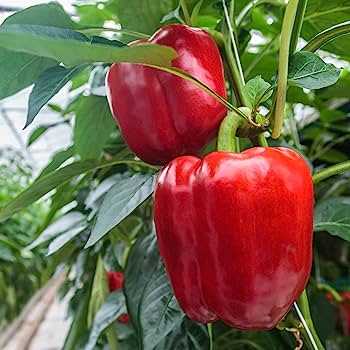
The use of organic additives promotes environmental sustainability by reducing the dependence on synthetic chemicals. Organic methods support biodiversity and help maintain the ecological balance in the soil, making it more resilient to external pressures and improving its long-term productivity. Additionally, organic additives are derived from natural sources and are biodegradable, thus reducing the overall environmental impact.
In conclusion, the use of organic additives when planting peppers in soil offers numerous benefits. From improving soil quality to enhancing nutrient availability, organic additives contribute to healthy and productive pepper plants. They also provide environmental sustainability and reduce the reliance on synthetic chemicals. Incorporating organic additives into your pepper planting practices can lead to a more successful and environmentally-friendly gardening experience.
Enhanced Soil Fertility
One of the significant benefits of using organic additives for planting peppers in soil is enhanced soil fertility. When organic additives, such as compost or manure, are added to the soil, they provide essential nutrients that plants need for healthy growth. These nutrients include nitrogen, phosphorous, and potassium, as well as micronutrients like calcium, magnesium, and iron.
By adding organic additives to the soil, the overall fertility of the soil is increased. This means that plants can access a greater supply of nutrients, which leads to improved growth and productivity. The increased fertility also helps to improve the structure of the soil, making it more porous and allowing for better water and air circulation.
Organic additives also promote the growth of beneficial microorganisms in the soil. These microorganisms, such as bacteria and fungi, play a crucial role in nutrient cycling and improving soil health. They break down organic matter, releasing nutrients that plants can absorb and helping to suppress harmful pathogens.
Furthermore, organic additives contribute to the long-term health and sustainability of the soil. Unlike synthetic fertilizers, which can deplete the soil of nutrients over time, organic additives help to build and maintain soil fertility. They improve soil structure, promote water retention, and reduce the need for chemical inputs.
Benefits of Enhanced Soil Fertility:
- Improved nutrient availability for plants
- Enhanced plant growth and productivity
- Increased water and air circulation in the soil
- Promotion of beneficial microorganisms in the soil
- Long-term soil health and sustainability
- Reduction in the need for chemical inputs
Overall, the use of organic additives for planting peppers in soil provides numerous benefits for enhancing soil fertility. It improves nutrient availability, promotes plant growth, and contributes to the long-term health of the soil, making it a sustainable and effective approach for pepper cultivation.
Nutrient Retention

Using organic additives for planting peppers in soil can greatly improve nutrient retention. Organic additives, such as compost and manure, provide a slow-release source of nutrients that plants can access over an extended period of time. This is in contrast to synthetic fertilizers, which often provide a quick release of nutrients that can be easily washed away by rain or irrigation.
Organic additives help to improve the structure of the soil, making it more porous and allowing for better nutrient and water retention. This is beneficial for peppers, as they require a consistent supply of nutrients throughout their growth cycle to develop properly.
The role of organic matter in nutrient retention
Organic matter, such as compost, is rich in nutrients and acts as a sponge, holding onto nutrients and releasing them slowly over time. This helps to ensure that the peppers receive a steady supply of essential nutrients, promoting healthy growth and development.
Furthermore, organic matter improves the soil’s ability to hold onto moisture, preventing excessive evaporation and ensuring that water is available to the peppers at all times. This is especially important during periods of drought or hot weather, when the peppers may require additional moisture.
Minimizing nutrient leaching
Using organic additives can also help minimize nutrient leaching, which occurs when nutrients are washed away from the soil and into groundwater or nearby bodies of water. Synthetic fertilizers, which often contain high concentrations of nutrients, are more prone to leaching than organic additives.
Organic additives release nutrients slowly, reducing the risk of leaching and ensuring that the nutrients are more effectively utilized by the peppers. This not only benefits the immediate crop, but also helps to protect the surrounding environment by reducing the amount of nutrient runoff.
In summary, the use of organic additives for planting peppers in soil improves nutrient retention by providing a slow-release source of nutrients, improving soil structure, and minimizing nutrient leaching. This leads to healthier and more productive pepper plants.
Improved Plant Growth
Using organic additives in soil for planting peppers can greatly improve the overall growth of the plants. The natural nutrients found in organic additives provide the necessary nourishment for the plants to thrive.
Nutrient-Rich Soil:
- Organic additives such as compost, manure, or worm castings contain essential nutrients like nitrogen, phosphorus, and potassium. These nutrients are vital for plant growth and development.
- These organic additives improve the soil structure, making it more fertile by increasing its organic matter content. This leads to healthier plant roots and better nutrient uptake.
Enhanced Microbial Activity:
- Organic additives support a diverse and thriving microbial community in the soil.
- The presence of beneficial soil microorganisms, such as bacteria and fungi, helps break down organic matter and release nutrients in forms that are easily absorbed by plants.
- These microorganisms also aid in suppressing harmful pathogens and diseases, promoting healthier plant growth.
Improved Water Retention:
- Organic additives improve the water-holding capacity of the soil.
- They help retain moisture within the soil, reducing the frequency of irrigation and preventing water stress in plants.
- Improved water retention also prevents nutrient leaching, ensuring that plants have a steady supply of essential nutrients.
Balanced pH Level:
- Organic additives help maintain a balanced pH level in the soil, which is crucial for optimal plant growth.
- They act as natural buffers, preventing drastic changes in soil acidity or alkalinity.
- A balanced pH level ensures that plants can efficiently absorb nutrients from the soil.
In conclusion, incorporating organic additives into the soil when planting peppers can significantly enhance plant growth. The nutrient-rich soil, increased microbial activity, improved water retention, and balanced pH level all contribute to healthier and more productive pepper plants.
Disease Prevention
Using organic additives for planting peppers in soil can help prevent the occurrence of diseases in the pepper plants.
Organic additives, such as compost and manure, help improve the soil structure and enhance its fertility. This means that the plants will have a better overall health and immune system, making them less susceptible to diseases.
In addition, organic additives contain beneficial bacteria and fungi that can compete with harmful pathogens in the soil. These beneficial microorganisms can protect the pepper plants by outcompeting and inhibiting the growth of disease-causing organisms, thus reducing the risk of infections.
Furthermore, organic additives can also increase the biodiversity of the soil ecosystem. This diversity creates a more balanced and resilient environment, where diseases are less likely to spread and cause severe damage.
| Benefits of Disease Prevention Using Organic Additives |
|---|
|
By incorporating organic additives into the soil when planting peppers, growers can significantly reduce the risk of diseases and promote the overall health and productivity of their pepper plants.
Environmental Sustainability
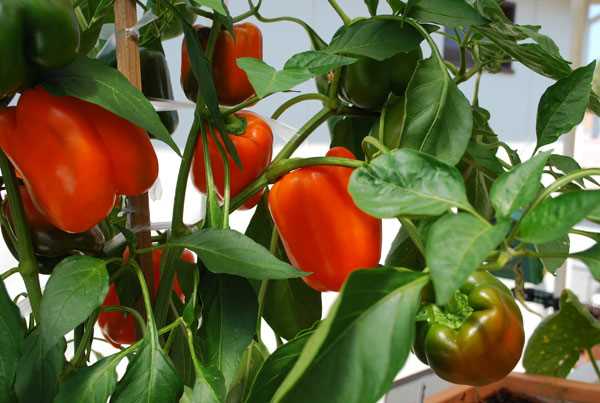
Environmental sustainability is a concept that focuses on preserving and protecting the natural environment and its resources for future generations. It refers to the responsible use of resources and the implementation of practices that minimize harm to the environment.
Why is environmental sustainability important?
- Conservation of natural resources: Environmental sustainability ensures the conservation of natural resources such as air, water, and soil. By using organic additives for planting peppers in soil, we reduce the need for synthetic chemicals, which can have harmful effects on the environment.
- Protection of biodiversity: Sustainable practices help protect the diversity of plant and animal species. This is crucial for maintaining a healthy ecosystem and preventing the loss of valuable species.
- Climate change mitigation: Environmental sustainability plays a key role in reducing greenhouse gas emissions and mitigating climate change. By adopting organic farming practices, we can minimize the use of fossil fuel-based fertilizers and pesticides, which contribute to global warming.
- Improvement of soil health: Sustainable farming methods, such as using organic additives, promote soil health and fertility. Healthy soil retains more water, reduces erosion, and enhances nutrient availability, leading to better crop growth and productivity.
- Protection of water quality: Sustainable practices help prevent water pollution by reducing the use of synthetic chemicals that can contaminate water sources. Organic additives can improve soil structure, allowing for better absorption and filtration of water, thus protecting water quality.
The role of organic additives in environmental sustainability
Organic additives, such as compost or organic fertilizers, play a significant role in promoting environmental sustainability in planting peppers. Here’s how:
- Reduces dependence on synthetic chemicals: Organic additives provide nutrients to plants in a natural and sustainable way, reducing the need for synthetic chemical fertilizers.
- Improves soil structure and moisture retention: Organic additives enhance soil structure, allowing for better water retention and reducing water runoff and erosion.
- Enhances biodiversity: Organic additives promote beneficial microbial activity in the soil, which supports a diverse range of organisms and contributes to a healthy ecosystem.
- Reduces carbon footprint: By using organic additives, we minimize the use of fossil fuel-based fertilizers and pesticides, reducing greenhouse gas emissions.
- Preserves water quality: Organic additives improve the soil’s ability to absorb and filter water, reducing the risk of water pollution and protecting local water sources.
In conclusion, incorporating organic additives in the cultivation of peppers not only benefits plant growth but also contributes to environmental sustainability. By reducing the reliance on synthetic chemicals and promoting sustainable farming practices, we can help preserve the environment for future generations.
Safe and Chemical-Free
One of the major benefits of using organic additive for planting peppers in soil is that it is safe and chemical-free. Conventional fertilizers and pesticides often contain harmful chemicals that can leach into the soil and water, posing a risk to plants, wildlife, and human health. Organic additives, on the other hand, are made from natural materials and do not contain any synthetic chemicals.
This means that when you use organic additives for planting peppers in soil, you can be confident that you are not introducing any harmful substances into your garden. This is particularly important if you plan to consume the peppers you grow, as you want to ensure that they are free from chemical residues.
In addition to being safe for your health, organic additives are also safe for the environment. They do not contribute to air or water pollution, and they do not harm beneficial insects or other wildlife. By choosing to use organic additives, you are helping to protect the environment and reduce your ecological footprint.
Another advantage of using organic additives is that they promote soil health and fertility in a natural way. The ingredients in organic additives, such as compost, manure, and worm castings, are rich in nutrients and beneficial microorganisms. These nutrients and microorganisms help to improve the structure of the soil, increase its water-holding capacity, and provide essential nutrients to plants.
Furthermore, using organic additives can help to reduce soil erosion and enhance its overall stability. The organic matter in the additives acts like a sponge, absorbing and holding onto water, which helps to prevent runoff and erosion. This is especially important for peppers, as they require consistent moisture levels to grow and thrive.
In conclusion, using organic additive for planting peppers in soil offers many benefits, including safety, chemical-free cultivation, environmental friendliness, promoting soil health, and reducing soil erosion. By choosing organic additives, you can ensure the well-being of your plants, your health, and the health of the planet.
Increased Nutritional Value
The use of organic additive in planting peppers in soil can significantly increase the nutritional value of the harvested crops. Organic additives, such as compost and manure, are rich in nutrients that are essential for plant growth and development.
When peppers are grown in soil enriched with organic additives, they have access to a wide range of nutrients, including nitrogen, phosphorus, potassium, and trace elements. These nutrients are essential for the production of healthy and flavorful peppers.
Furthermore, organic additives improve the soil structure and increase its ability to retain moisture, which is crucial for plant growth. This leads to enhanced nutrient absorption by the pepper plants, resulting in higher nutritional value in the harvested peppers.
Studies have shown that peppers grown in soil amended with organic additives have higher levels of vitamins, minerals, and antioxidants compared to conventionally grown peppers. These organic additives also improve the overall quality of the soil, promoting the growth of beneficial bacteria and fungi that further enhance the nutrient content of the peppers.
| Benefits of Increased Nutritional Value: |
|---|
|
Overall, the use of organic additives in planting peppers in soil can lead to increased nutritional value in the harvested peppers. This not only benefits the consumers by providing them with healthier and tastier peppers but also offers economic advantages for growers.
Long-Term Cost Savings
Using organic additives for planting peppers in soil can lead to significant long-term cost savings. While there may be upfront costs associated with purchasing organic additives, the benefits outweigh these initial expenses in the long run.
Reduced Need for Synthetic Fertilizers
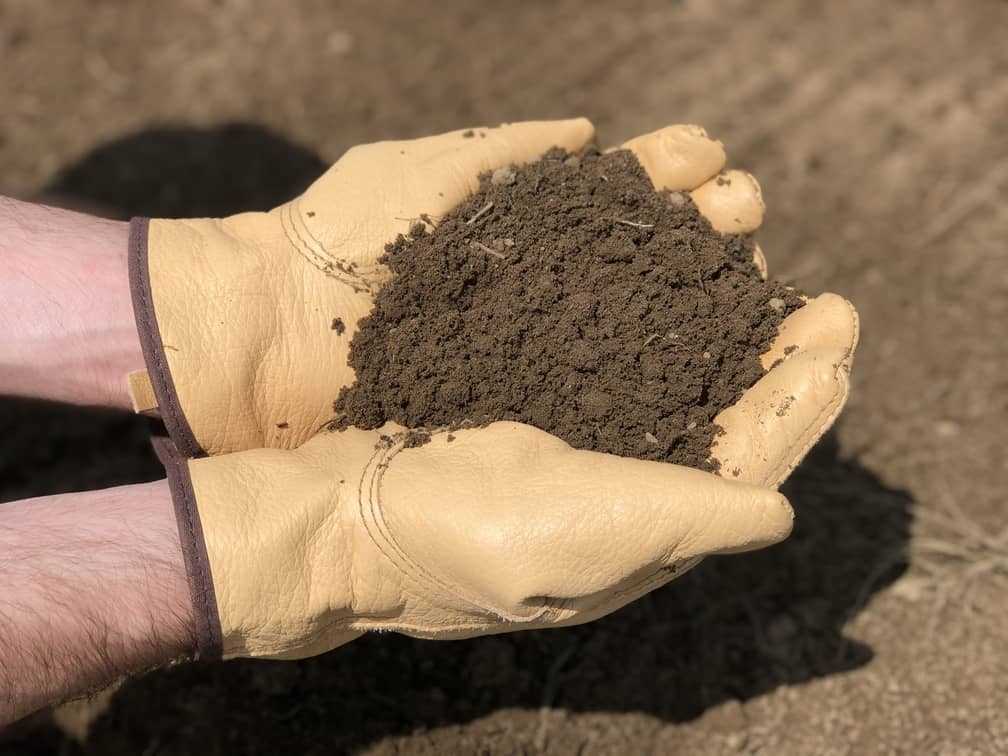
Organic additives, such as compost or manure, provide essential nutrients to the soil. These nutrients nourish the plants and promote their growth and productivity. By using organic additives, the need for synthetic fertilizers is reduced. Synthetic fertilizers can be expensive, especially when using them regularly throughout the growing season. By minimizing their use, gardeners can save money on fertilizers in the long term.
Improved Soil Quality
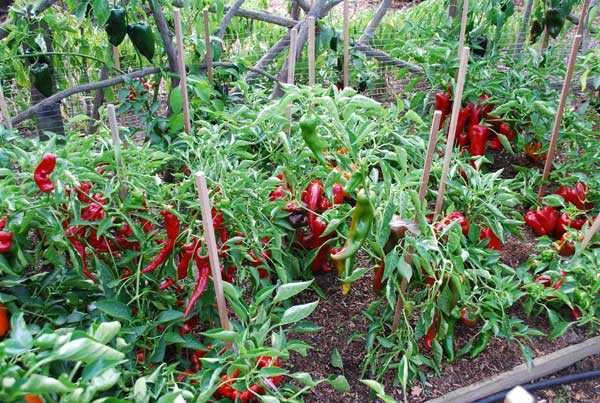
Organic additives enhance the overall quality of the soil. They improve its structure and moisture-holding capacity, which helps create a healthy environment for plant growth. With improved soil quality, plants become more resistant to pests and diseases, reducing the need for expensive treatments or pesticides.
Increased Crop Yield
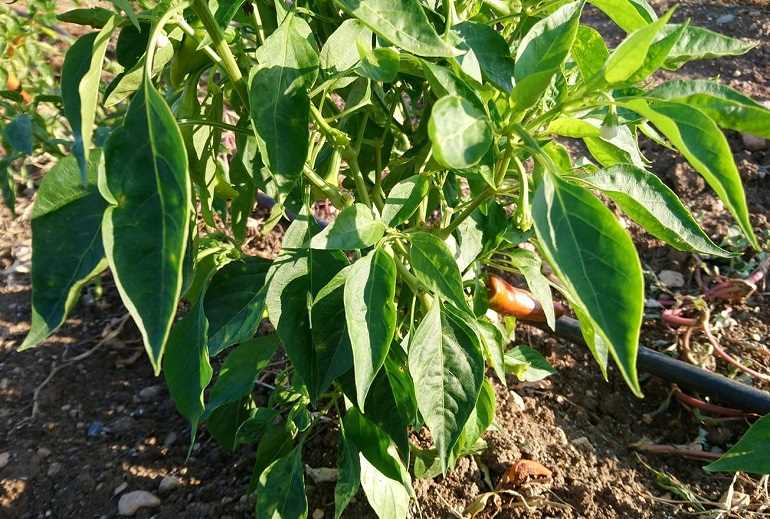
When plants are grown in nutrient-rich soil, they tend to produce higher crop yields. Organic additives provide a steady release of nutrients over time, feeding the plants consistently throughout their growth cycle. This ensures optimal growth and productivity, resulting in a larger harvest. With increased crop yield, gardeners can enjoy a higher return on investment in terms of the number of peppers produced.
Longer Soil Lifespan
Using organic additives improves the overall health and fertility of the soil. This helps extend its lifespan and reduces the need for soil replacement or intensive rejuvenation. By maintaining a healthy soil composition through organic additives, gardeners can save on the costs associated with soil amendments or replacement in the long run.
“Question-Answer”
What is an organic additive and why is it important for planting peppers in soil?
An organic additive is a natural substance that is added to soil to improve its quality and fertility. It is important for planting peppers in soil because it helps to provide essential nutrients, retain moisture, and promote healthy root development.
What are some examples of organic additives that can be used for planting peppers in soil?
Some examples of organic additives that can be used for planting peppers in soil include compost, manure, bone meal, fish emulsion, and seaweed extract.
How does using organic additives benefit the overall growth and yield of pepper plants?
Using organic additives benefits the overall growth and yield of pepper plants by providing them with essential nutrients, improving the soil structure, enhancing water retention, and promoting the growth of beneficial microorganisms.
Can organic additives help in preventing the growth of weeds around pepper plants?
Yes, organic additives can help in preventing the growth of weeds around pepper plants. They create a healthy and nutrient-rich environment for the pepper plants, making it difficult for weeds to thrive.
Are there any potential downsides or risks associated with using organic additives for planting peppers in soil?
While organic additives are generally safe to use, there can be some potential downsides or risks. For example, if not properly composted, manure can contain harmful bacteria. It is important to use organic additives in moderation and follow proper guidelines for application.
Are organic additives more expensive than synthetic fertilizers?
Organic additives can be more expensive than synthetic fertilizers. However, they provide long-term benefits to the soil and do not have negative environmental impacts like synthetic fertilizers do.
Can organic additives be used for planting other vegetables besides peppers?
Yes, organic additives can be used for planting other vegetables besides peppers. They are beneficial for any type of plant that grows in soil, as they help improve soil fertility and provide essential nutrients.
